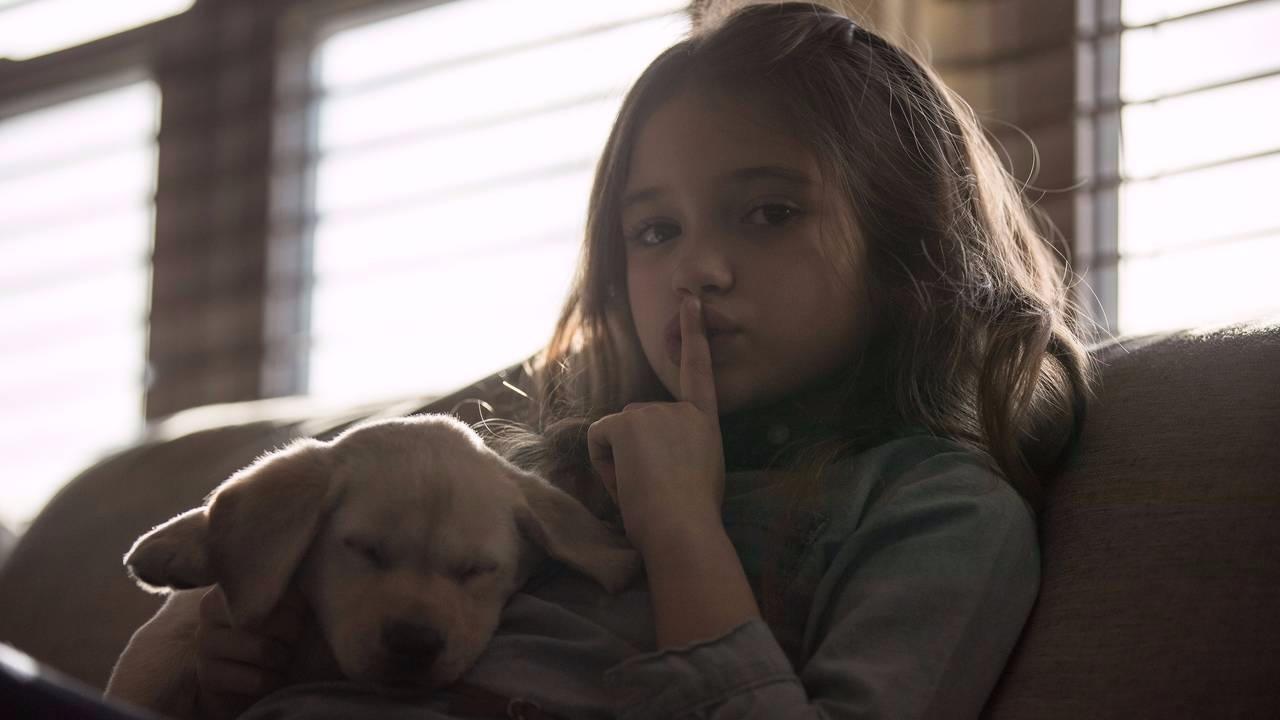How to Stop Your Puppy from Barking All Night: A Simple, Effective Plan

Is your puppy keeping you up all night with its barking? Are you starting to wonder if getting a puppy was a good idea? Maybe you’re asking yourself, “Will this ever stop?” or “How do I get my puppy to stop barking?”
Puppies are undeniably adorable, but the reality of constant barking can quickly turn excitement into frustration. My wife, Abigail, and I recently welcomed a new puppy into our home, a sweet little girl we named Violet. Even though she was the quiet one of her litter, we soon discovered that no puppy is immune to nighttime barking.
Living in an apartment complex, we were thrilled that Violet seemed like the perfect fit—quiet and considerate of the neighbors. But our expectations were shattered just minutes after we left the breeder's home. Violet began to whine, and that whine quickly turned into a persistent, ear-piercing bark.
In those moments of doubt, it’s easy to question whether getting a puppy was the right choice. But the good news is that as frustrating as it can be, there is a simple solution to this problem.
The Solution: Patience and Consistency
When we arrived home, we set up a puppy playpen and placed Violet’s crate in my office. The first time we put her in the playpen, she started barking and whining excessively. Our instinct was to pick her up or tell her to stop, but we resisted.
Instead, we completely ignored her. No eye contact, no talking, nothing. After about 15 minutes of barking, she finally quieted down. Success!
We continued this approach over the next few days. Every time she barked, we ignored her until she stopped. Then, and only then, did we acknowledge her by letting her out to potty or giving her some playtime. Over time, the barking became less frequent, and the quiet periods became longer.
Understanding the Process
This method is based on the learning theory principle of extinction. Puppies often bark or whine because they want something—usually attention or freedom. By ignoring the behavior, you’re not reinforcing it with a reward or punishment. Over time, the barking diminishes as your puppy learns that it doesn’t lead to the desired outcome.
Crate training a puppy at night is challenging, especially in the first few nights. Violet barked on and off throughout the night, leaving us exhausted and grumpy. But after a couple of nights, she started to settle down, and eventually, the nighttime barking stopped altogether.
It took about two weeks for Violet to mostly stop barking in her crate. We were relieved, and you will be too when you see the results with your puppy.
A Simple Plan to Stop the Barking
Here’s a straightforward plan to help your puppy stop barking and whining:
-
Establish a Consistent Routine
- Feed and water your puppy at the same time each day.
- Set a regular bedtime and stick to it.
- Limit water intake in the evening to help your puppy sleep through the night (we stop giving Violet water after 8 pm).
-
Ignore the Barking, Reward the Silence
- When your puppy barks, don’t acknowledge it. Act as if your puppy doesn’t exist until it stops barking.
- Once your puppy is quiet, wait a moment before rewarding it with attention or a treat. This reinforces the idea that quiet behavior gets rewarded.
-
A Tired Puppy is a Quiet Puppy
- Keep your puppy active during the day, especially before bedtime.
- Let your puppy get sleepy in the playpen before moving it to the crate. A sleepy puppy is more likely to sleep through the night.
Stay Committed
It will be tempting to give in to your puppy’s whining but don’t. Stay committed to the process. Give it time, and you’ll be amazed at how quickly your puppy learns.
Every puppy is different; some will pick up on it faster, while others may take longer. But if you don’t follow this plan, your puppy will continue to train you instead of the other way around. You’ll be left with sleepless nights and a frustrated household.
But if you stick with it, in about two weeks, you can have a puppy that is happy, quiet, and content in its crate. Your friends, family, and neighbors will thank you for it.
BuildFromHere,
Joshua Parvin
P.S. Wondering what other challenges might arise with your new puppy? We’ve got you covered. Check out our resources for answers to all your puppy training questions.




